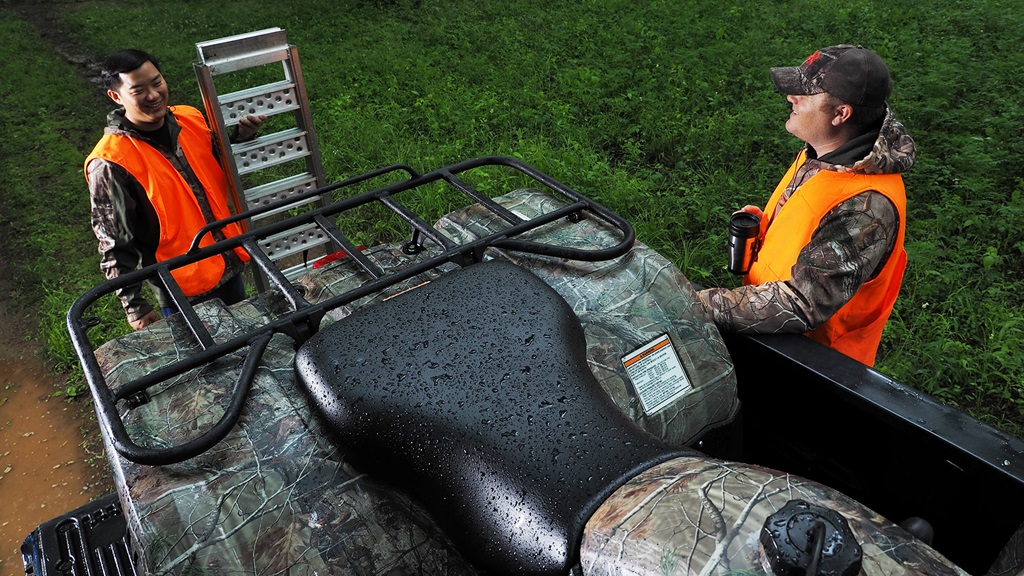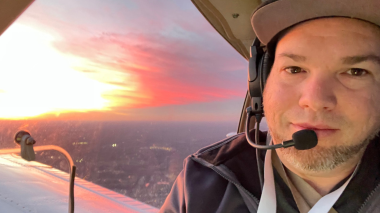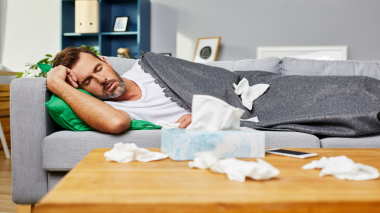As the days grow shorter and the temperatures grow cooler, many across the Carolinas and Georgia are preparing for an autumn tradition – hunting season. Regardless of the game sought and the weapon of choice, physicians at Navicent Health encourage hunters of all ages to observe proper safety precautions to minimize risk of common hunting injuries.
“While hunting can be fun, parents and children should take safety precautions, particularly with their weapons and their modes of transportation, and always be aware of their surroundings," says John Wood, MD, director of emergency care for The Medical Center, Navicent Health and Beverly Knight Olson Children’s Hospital, Navicent Health. "Taking a little extra time to ensure safety can prevent potentially life-threatening injuries.”
Physicians at emergency centers typically treat injuries during hunting season that fall into one of four categories – all terrain vehicle (ATV) accidents, accidents with weapons, falls from tree stands and encounters with snakes.
ATV Accidents
ATVs are quick, heavy, and usually travel on unpredictable paths. Minimize risk of accidents and injuries by following these tips:
- Wear proper safety gear, including a helmet, while operating an ATV.
- Choose an ATV that is appropriate for the rider’s size and age – adult ATVs are often too heavy and too fast for an adolescent to safely manage.
- Pay attention to your surroundings.
- Avoid paved roads. ATVs are not intended for streets, and collisions with cars are possible.
- Never operate an ATV while consuming alcohol.
Firearm Accidents
Whether hunting with a bow or a firearm, it is important to remember the following safety tips:
- Treat every firearm as if it is loaded.
- Do not place your finger on the trigger unless you are preparing to take a shot.
- Double check to ensure the bullet’s caliber is appropriate for the firearm.
- Archers should identify a safe background before releasing an arrow. No skyline shots.
- Archers should fully secure arrows before moving, even if they are only repositioning for a better shot.
Tree Stand Falls
Falls from tree stands are a leading cause of injury among hunters. If using a tree stand, bear the following in mind:
- Inspect the ladder steps and tree attachments prior to ascending the stand.
- If the stand is attached to a tree, inspect the tree prior to ascending the stand. The tree should be alive and healthy, without any visible rot or damage.
- Use a safety harness. Hook into the harness prior to leaving the ground and leave it attached until you return safely to the ground.
- Use a haul line to pull your unloaded weapon into the stand. Do not carry a firearm or bow into the stand or attach it to your body.
- Tell a friend or loved one where you will be, and when to expect you home. If an accident occurs, someone should know where to find you.
Avoiding Snake Bites
Forty snake species are found in Georgia, and of those, six types are venomous. Hunters who spend time outdoors will likely run into a snake from time to time. Follow these tips to avoid potentially life-threatening encounters:
- Wear bite-proof boots and chaps.
- Be alert and aware of your surroundings at all times.
- Do not place your hands or feet into any area where you cannot see.
- If you encounter a snake, back away slowly. Do not approach or provoke the snake.
- If you or someone you love is bitten, seek emergency medical treatment immediately.
In all instances, adults should always supervise younger hunters.
“While hunting can be a pleasant and enjoyable experience, it poses real risks. These risks can be avoided by taking a few simple measures. Adults should keep these safety tips in mind and train the next generation of hunters to do the same,” says Dennis Ashley, MD, director of trauma services at The Medical Center, Navicent Health.
If an accident or injury occurs, seek appropriate medical treatment. For emergency situations, call 911 or seek care at the nearest emergency center. For non-life threatening injuries, visit your nearest urgent care provider.



